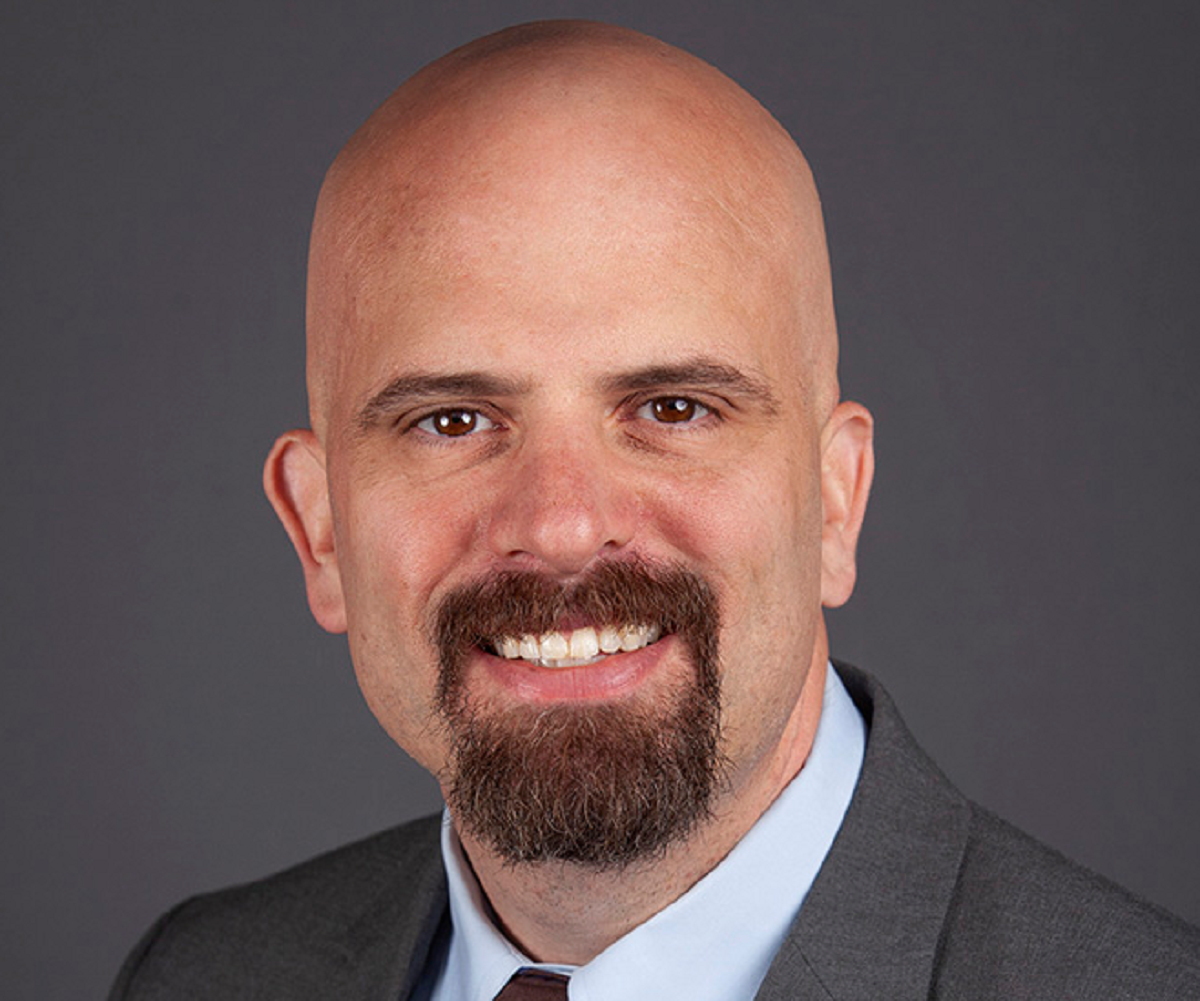Kristian Stout: Costs For Pole Attachments Should be Shared by Utilities and New Broadband Entrants
From policymakers to industry and consumers, everyone wants fast broadband internet in their homes, particularly in the wake of the COVID-19 pandemic. Not many, however, wish to consider the complicated tradeoffs that broadband companies need to make to bring this desire into reality. One of the mor

From policymakers to industry and consumers, everyone wants fast broadband internet in their homes, particularly in the wake of the COVID-19 pandemic. Not many, however, wish to consider the complicated tradeoffs that broadband companies need to make to bring this desire into reality.
One of the more mundane considerations harkens back to the mid-20th Century: who should pay for access to and the maintenance of utility poles? The lack of a clear answer to that question is leading to delayed broadband rollout, or else increased prices for consumers, especially in rural areas.
The problem is simple: broadband providers need access to utility poles to run the wires necessary to provide service. The cost of access to those poles varies dramatically and can balloon the cost of a project to extend service. The Federal Communications Commission has an opportunity to improve how these costs are managed and, therefore, to enhance the overall prospects of broadband deployment.
Currently, there is a petition pending before the FCC that asks it to examine the “just and reasonable” apportionment of pole maintenance and replacement costs between the broadband providers and poles owned by investor-owned utilities.
Getting that balance right is vital given that current estimates suggest that as much as twenty-five percent of the cost of deployment in rural areas comes from broadband providers dealing with pole replacement and upgrade issues. That’s a massive expense.
The phenomenon isn’t surprising given the incentives involved. With the certain knowledge that broadband providers will need access to poles, pole owners allow some substantial portion of their pole inventory to remain in use after their useful life has ended.
Thus, when those providers want to add their equipment to those poles, the owners seek to offload the cost of replacing or repairing the poles onto the attachers. In other cases, pole owners make demands for a variety of improvements to existing poles that are not quite past their useful lifespan before new equipment can be installed.
The net effect of these inequitable practices is the enrichment of pole owners, not just at the expense of broadband providers, but also at the expense of consumers — since broadband providers must necessarily pass along at least some of this cost.
And even where the cost is partially internalized by the broadband provider, this cost-shifting from pole owners to broadband providers forces a tradeoff which, in the end, results in slower and more expensive rollout. This ultimately results in rural customers receiving speed upgrades more slowly than their suburban and urban counterparts, while facing potentially higher prices when those upgrades happen.
Allowing this situation to go on only encourages pole owners to continue to shift costs and introduce delays, to the detriment of consumers. This problem spills over into many areas. For instance, both the current administration, as well as the Biden campaign have announced 5G deployment as an important priority. This bipartisan vision can only be realized if the cost of installing networking equipment is not inflated by pole owners seeking to offload their own costs.
Even a rudimentary understanding of economics demonstrates that the pace of broadband rollout is contingent upon its cost. The more expensive deployment becomes, necessarily, the more difficult it is to realize sustainable profits on that deployment. This dynamic invariably leads to a more selective use of scarce resources to the detriment of rural deployment.
The central question the FCC needs to consider is how best to properly incentivize the economically efficient rollout of broadband on existing infrastructure in order to ensure deployment as quickly as possible. That means enacting rules that require equitable sharing of such burdens. It is not every day that the FCC can undertake such seemingly small steps while having such an outsized impact on closing the digital divide.
Kristian Stout is Associate Director at the International Center for Law and Economics, a nonprofit, nonpartisan research center that promotes the use of law and economic methodologies to inform public policy debates, support consumer welfare and promote global economic growth. Kristian’s research focuses on intellectual property, antitrust, telecommunications, and Internet governance. This piece is exclusive to Broadband Breakfast.
Broadband Breakfast accepts commentary from informed observers of the broadband scene. Please send pieces to commentary@breakfast.media. The views expressed in Expert Opinion pieces do not necessarily reflect the views of Broadband Breakfast and Breakfast Media LLC.









